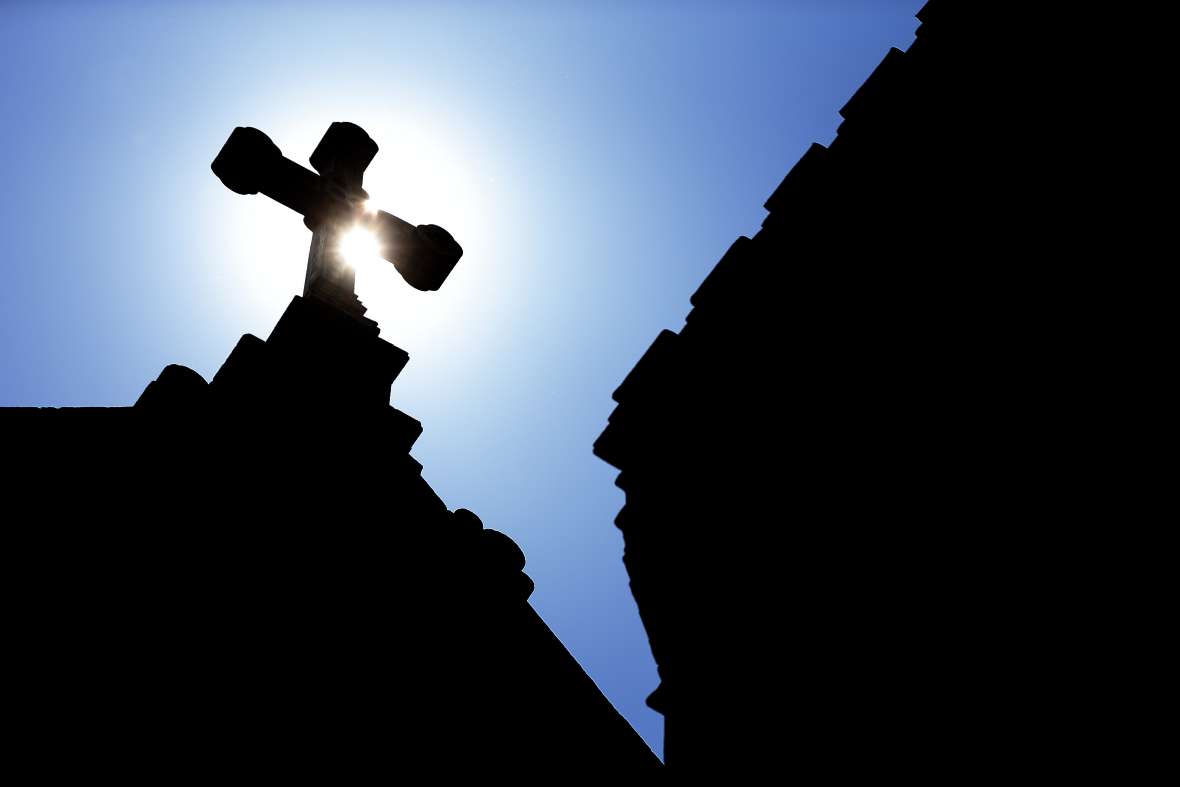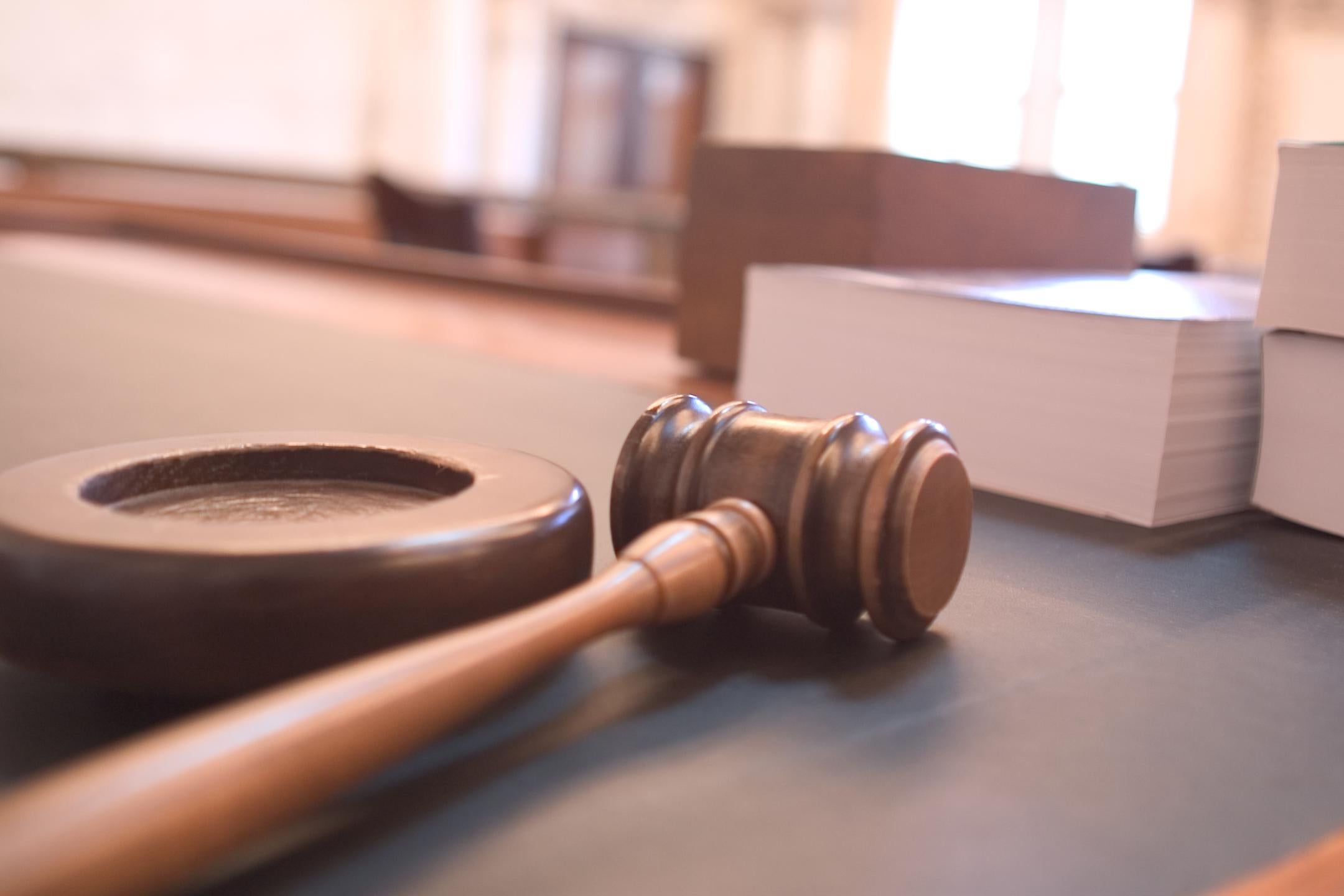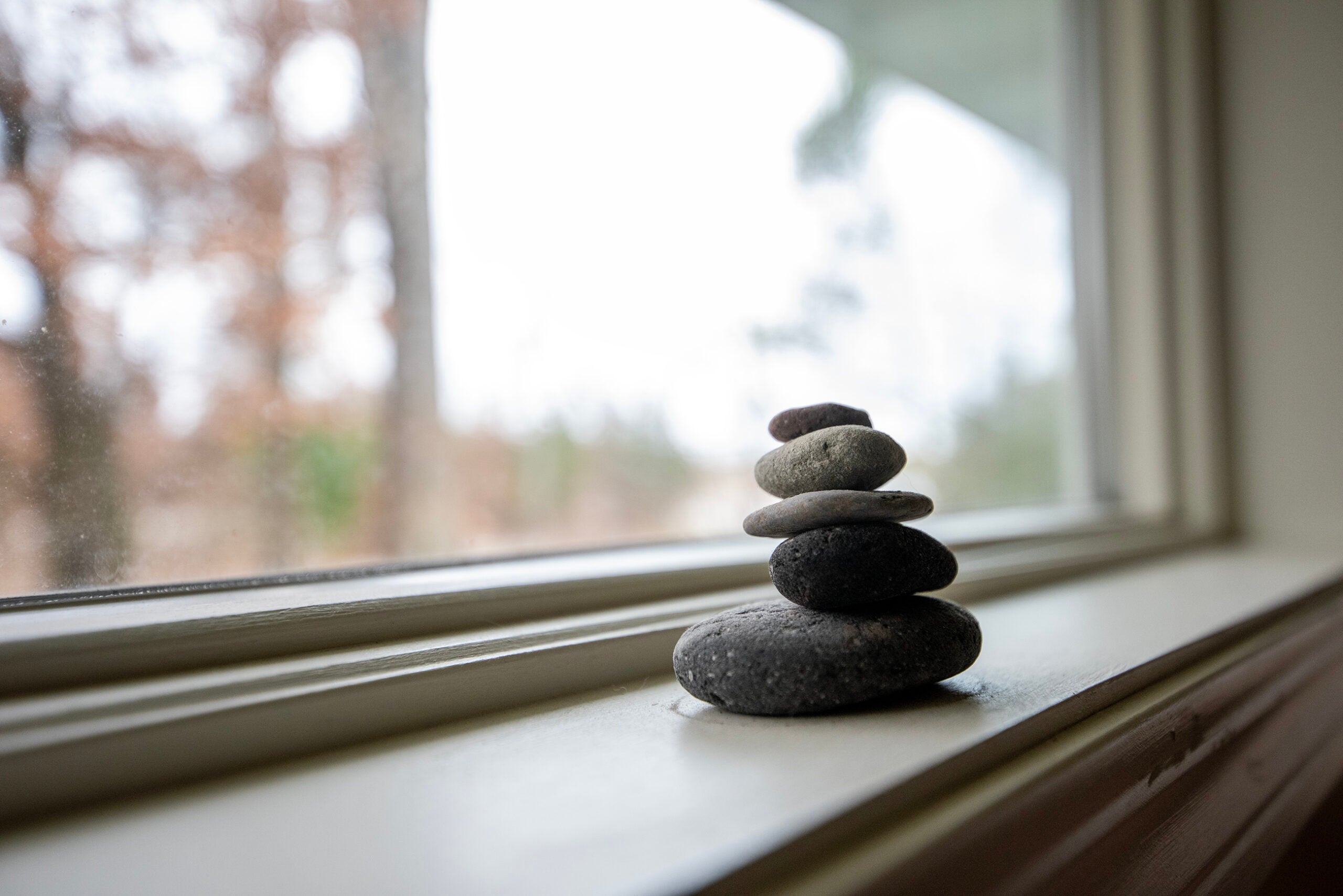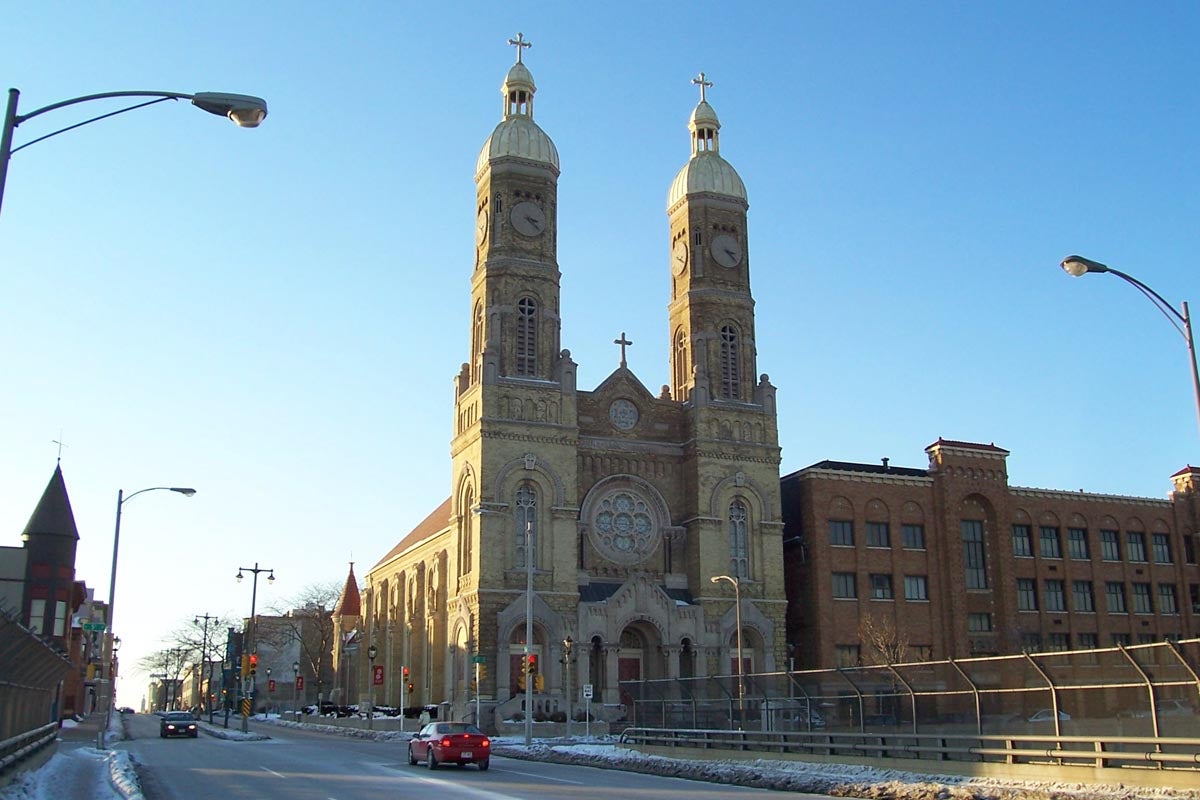A Madison-based secular group is calling on Wisconsin Attorney General Josh Kaul to escalate a statewide review of clergy sex abuse that launched last year.
The request follows the release of names of nearly two dozen clergy by the Catholic Diocese of Superior, which it says have had credible claims of sexually abusing minors made against them.
The Freedom From Religion Foundation, which advocates for separation of church and state, sent a Dec. 1 letter to Kaul asking him to increase resources for the investigation after the release of names.
News with a little more humanity
WPR’s “Wisconsin Today” newsletter keeps you connected to the state you love without feeling overwhelmed. No paywall. No agenda. No corporate filter.
“Given these revelations self-reported by the Superior Diocese, we believe that re-opening an independent investigation would potentially unearth more clergy abuse that has harmed so many, and is in order,” wrote Annie Laurie Gaylor and Dan Barker, co-presidents of the foundation.
A survivor advocacy group said in August that the Wisconsin Department of Justice downgraded its statewide investigation to a review, which the foundation says stripped legal resources to conduct a full investigation.
“We are saying that they should use every resource at their disposal to investigate these claims of abuse in the state of Wisconsin,” Gaylor said. “Because, otherwise, they’ll be covered up.”
Last year, Kaul launched a statewide independent review of reported abuse by clergy and leaders of faith organizations. In April of this year, Kaul said officials had received 204 reports that led to criminal charges in one case. The list of names from the Catholic Diocese of Superior brings the total number of individuals accused statewide to nearly 180.
Kaul told Wisconsin Public Radio that claims the state has downgraded its investigation are untrue. He said there’s been no change in the state’s approach to its review or the resources they’re devoting to the inquiry.
With each report received, the Wisconsin Department of Justice has a multidisciplinary team that includes an investigator, prosecutor and victim advocate who decide how best to follow up on information. While he said the DOJ could always use more resources, Kaul said justice officials are diligently reviewing reports.
“That process has been going on. It continues to go on,” Kaul said. “There have now been two cases where information that we have received has led to people being charged with crimes.”
Those cases include a charge of repeated sexual assault of a child against Jeffrey Anthony Charles, 61, for incidents occurring in Douglas County from 2005 to 2010. At the time, Charles served as a pastor with Neighbors to Nations church in Minnesota. Prosecutors also charged Remington Jon Nystrom, 33, with first-degree child sexual assault for an incident while serving as a Christian camp counselor at Mount Morris in Waushara County.
Even so, Gaylor maintains the Catholic Church has underreported clergy sex abuse, citing victims advocates in Illinois who identified 395 priests accused of abuse in 2019. That’s twice as many as the state’s six dioceses had released, according to The Associated Press. In Maryland, a November court filing by the state’s Attorney General Brian Frosh states a four-year investigation identified more than 600 victims, ranging from preschool to young adults.
Dan Blank, administrative services director with the Superior Diocese, said the list recently released is not a report of every allegation of abuse received by the diocese.
“We have never represented that this is the list of all the priests that have ever had reports against them,” Blank said. “This is the list of the priests that were determined to have substantiated allegations.”
Blank said those allegations were substantiated using a legal standard developed by the diocese that was then used to review and forward reports to Bishop James P. Powers. Blank said the church is in no way defending abuse of children. He added the diocese received most reports decades after the priests had died.
Kaul noted his office had communicated with the diocese on its plans to release a list and whether that was happening.
“The publication of these lists is an important step forward for survivors,” Kaul said. “We’ve heard from survivors about how even if a case can’t be prosecuted, because it’s beyond the statute of limitations, having some acknowledgment that abuse occurred is really important to people.”
As lists have been released, Kaul said not all of the state’s five Catholic dioceses were cooperating with the statewide inquiry, including the Archdiocese of Milwaukee. In June 2021, the Archdiocese challenged a request for documents as part of the review, saying it was “unreasonably broad” in scope.
Meanwhile, Blank with the Superior Diocese reiterated that they’re conducting background checks and training clergy, volunteers and employees to recognize grooming behaviors to avoid future abuse.
“This bishop deserves thanks for publishing a list that is not mandated by law, but just by conscience,” Blank said. “And (the bishop) worked so hard with so many independent reviewers to come up with a substantiated allegation list to show that, yes, in fact, abuse happened in our diocese over decades. And it’s time to come clean, and let people know that it was never swept under or hidden. It just was never organized and worked on and researched and prepared for a public list.”
Even so, the Freedom From Religion Foundation’s Gaylor said people can’t rely on self-reporting by the state’s five dioceses.
“The churches have not monitored themselves,” Gaylor said. “They, for decades, were considered above the law or a law unto themselves.”
Without the state’s investigation, she said she fears abusers won’t be held accountable and more youth will be vulnerable to abuse. Kaul said they continue to assess possible criminal investigations based on referrals to the DOJ.
Blank, a former district attorney in Douglas County, said criminal investigators require probable cause of current abuse reports that should be immediately examined by law enforcement with cooperation from the Catholic Church. Without probable cause, Blank said turning over records would amount to improper intervention in the historical separation between church and state.
“We are not saying, ‘Leave us alone. We’re the church, and government has no business.’ We’re saying, ‘We cooperate when government has legitimate business with the church,’” Blank said.
He maintains the church is trustworthy and has proven its commitment to protecting children over the last two decades. The diocese has received no new reports of abuse since publicizing its list and is working with families impacted, including relatives of clergy who had no prior knowledge of abuse allegations.
The DOJ plans to issue a report of its findings once the statewide review is complete.
Survivors can file a report through DOJ’s online reporting tool or toll-free tip line at 1-877-222-2620.
Wisconsin Public Radio, © Copyright 2025, Board of Regents of the University of Wisconsin System and Wisconsin Educational Communications Board.







